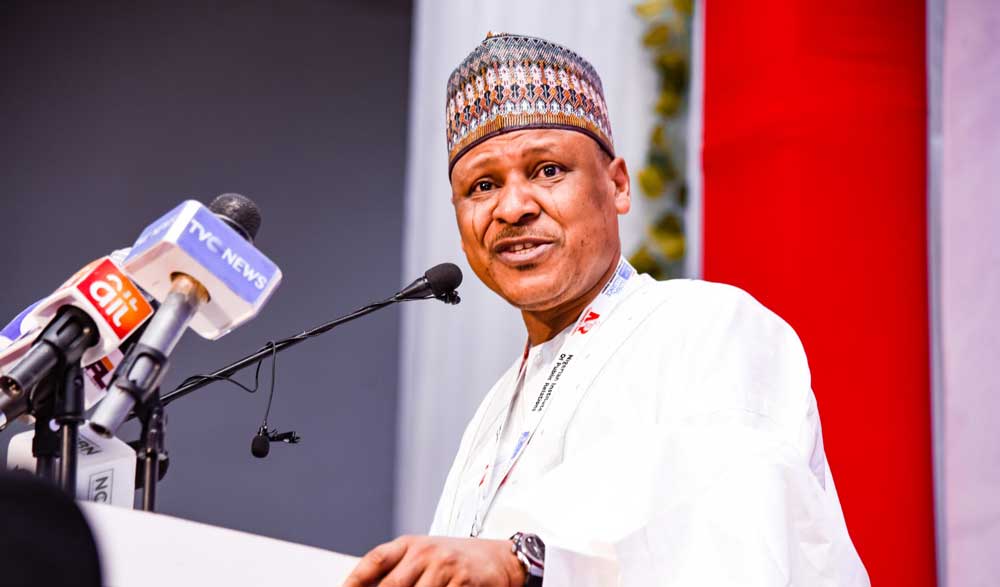FG Seeks More Investments In Community Radio To Strengthen Nigeria’s Democracy
The Federal Government says it intends to increase the number of community radio stations in the country, disclosing that only 89 of such stations have been granted broadcast licenses in Nigeria.
This was disclosed by the Minister of Information and National Orientation, Mohammed Idris, in a statement issued on Tuesday in commemoration of World Radio Day.
Advertisement
Idris disclosed that the government will provide a more favourable environment for such radio stations to emerge and for the existing ones to strengthen their capacity and thrive.
The minister stated that the government recognises the diversity of the Nigerian population and acknowledges the power of radio to reach people in their local languages.
He added that to make community radio more reliable, efficient, and affordable, the government has initiated necessary reforms in the process of establishing community radio stations.
Idris called for investments in community radio stations, adding that such an investment will undoubtedly strengthen democracy, promote social cohesion, and provide those living in rural areas with access to credible information, in line with President Bola Tinubu’s Renewed Hope Agenda.
Advertisement
Idris added that the Federal Government will collaborate with UNESCO to drive these reforms and develop the required capacity in the sector to strengthen radio’s ability to disseminate credible and reliable information to the people.
The minister added that the theme for this year’s celebration titled, ‘Radio: A century informing, entertaining and educating,’ reflects the remarkable achievement of radio as a means of communication and information for over 100 years, despite the advent of social media.
He noted that radio plays a vital role in shaping public opinion and promoting cultural unity, adding that it also provides a platform for people of all backgrounds to speak out, be represented, and be heard, regardless of their ethnicity, religion, or political affiliation.
Idris disclosed that the radio has been an essential medium of communication in Nigeria since 1933, adding that its unique ability to reach a wide audience makes it an ideal tool for disseminating government plans and programs to all levels of society, including the grassroots.
“Radio has played a vital role in shaping public opinion and promoting cultural unity in our diverse nation. It provides a platform for people of all backgrounds to speak out, be represented, and be heard, regardless of their ethnicity, religion, or political affiliation. In recent times, radio has also become a valuable means of conflict resolution and a source of hope for the oppressed,” he said.



